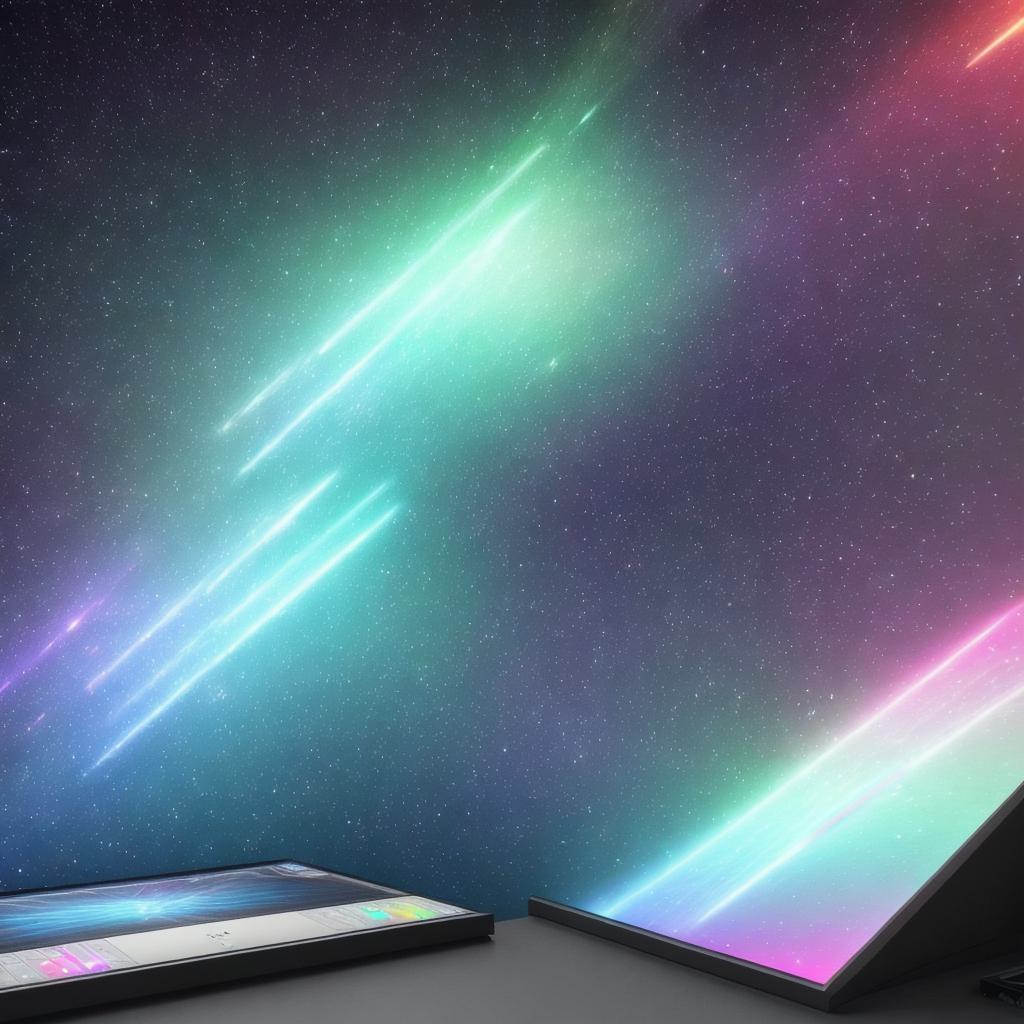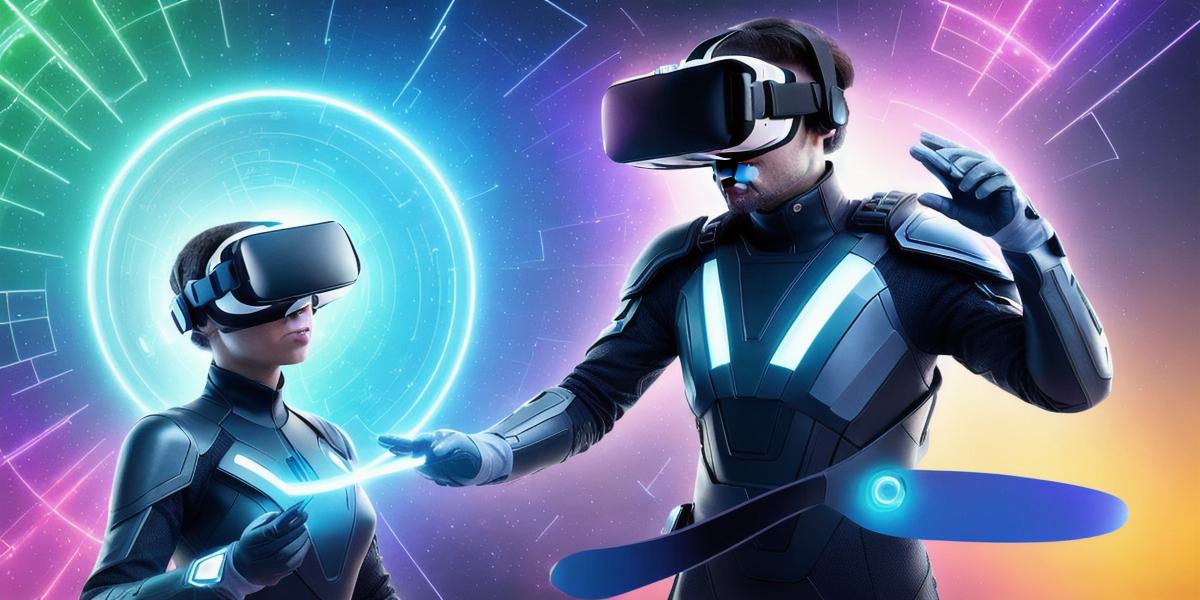The metaverse, a collective virtual shared space created by the convergence of virtually enhanced physical reality and physically persistent virtual reality, has been a topic of immense curiosity and anticipation in recent times. As we delve into the world of the metaverse, let’s examine its current status and how it is being used.
Definition and Evolution
The term "metaverse" was coined by Neal Stephenson in his 1992 science fiction novel, Snow Crash. Over the years, this concept has evolved from a mere figment of imagination into a burgeoning digital frontier. Today, it refers to a collective virtual shared space that is created by the convergence of virtually enhanced physical reality and physically persistent virtual reality (Web3D).
Virtual Reality vs Augmented Reality
To better understand the metaverse, it’s important to distinguish between virtual reality (VR) and augmented reality (AR). VR systems immerse users in a completely artificial environment, while AR systems overlay digital information on the real world. The metaverse encompasses both, offering an interactive 3D space where users can interact with each other and virtual objects.
Metaverse Applications
The metaverse is not just a novelty; it has practical applications in various industries. For instance, architects and designers use it for creating virtual models of buildings and landscapes. The education sector employs it to create immersive learning environments. In the entertainment industry, artists and performers create virtual concerts and exhibitions. Furthermore, gaming companies are integrating the metaverse into their platforms, offering users a more engaging and interactive experience.
Popular Metaverse Platforms
Several companies are leading the charge in developing metaverse platforms. Among them are Facebook (Meta Platforms), Microsoft (Mixed Reality), Epic Games (Fortnite), and Roblox. These platforms provide users with a range of experiences, from socializing to gaming to creating content.

The Future of the Metaverse
As technology advances, the metaverse is expected to become an integral part of our daily lives. It could revolutionize how we communicate, work, and play. However, it also raises concerns regarding privacy, security, and digital ownership. These issues need to be addressed as the metaverse continues to evolve.

In conclusion, the metaverse represents a fascinating blend of technology, creativity, and human interaction. Its current status shows that it is no longer just an imagined concept but a reality in the making, with numerous applications across various industries. As we continue to explore this digital frontier, we can look forward to new experiences, opportunities, and challenges.
